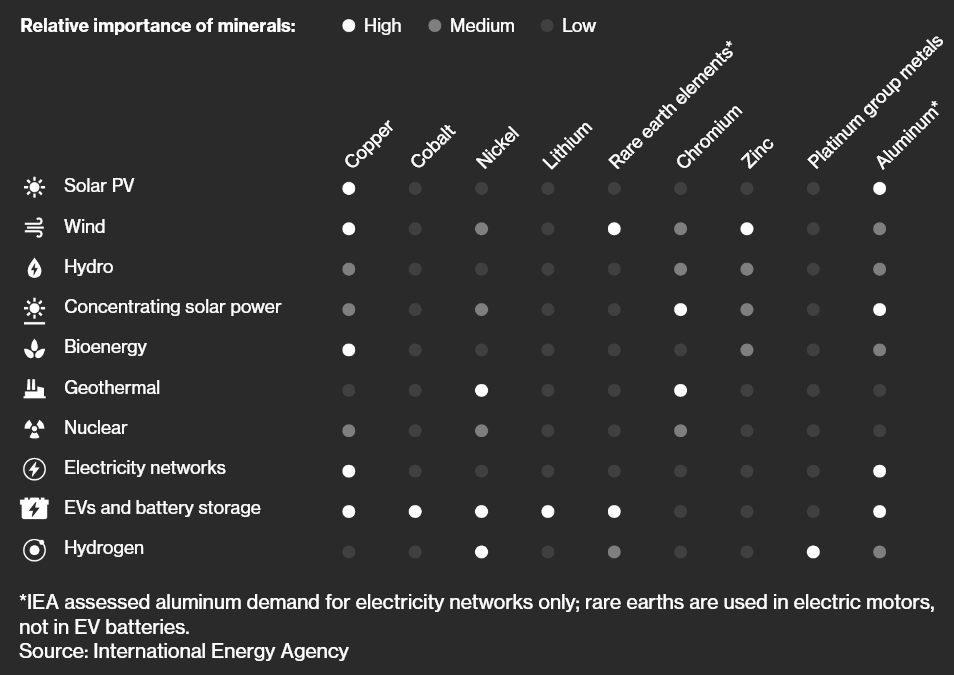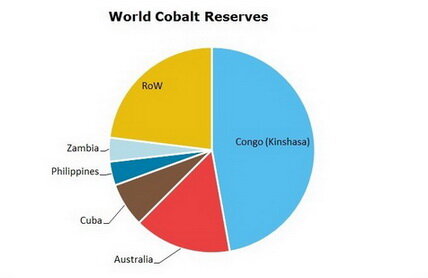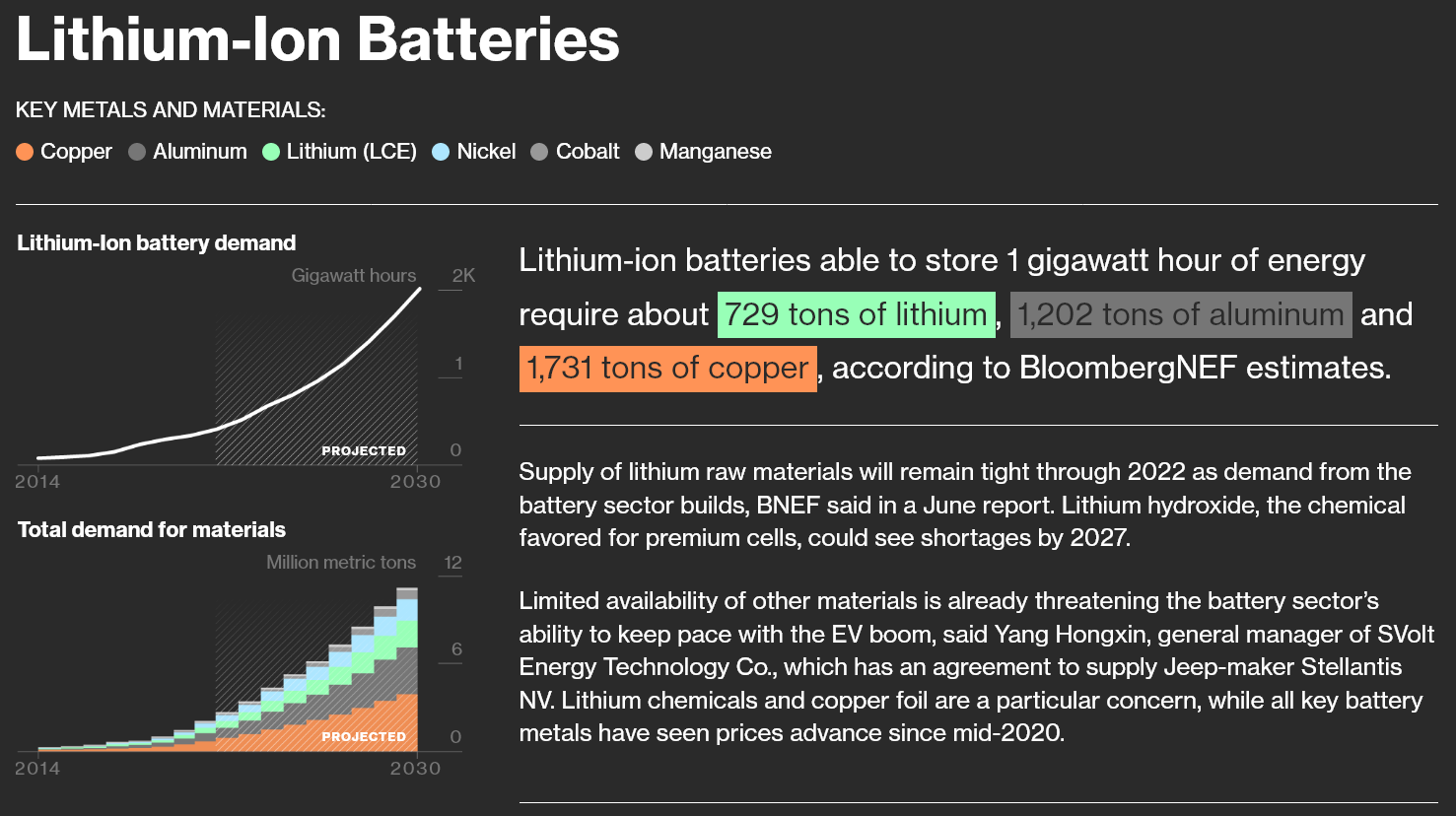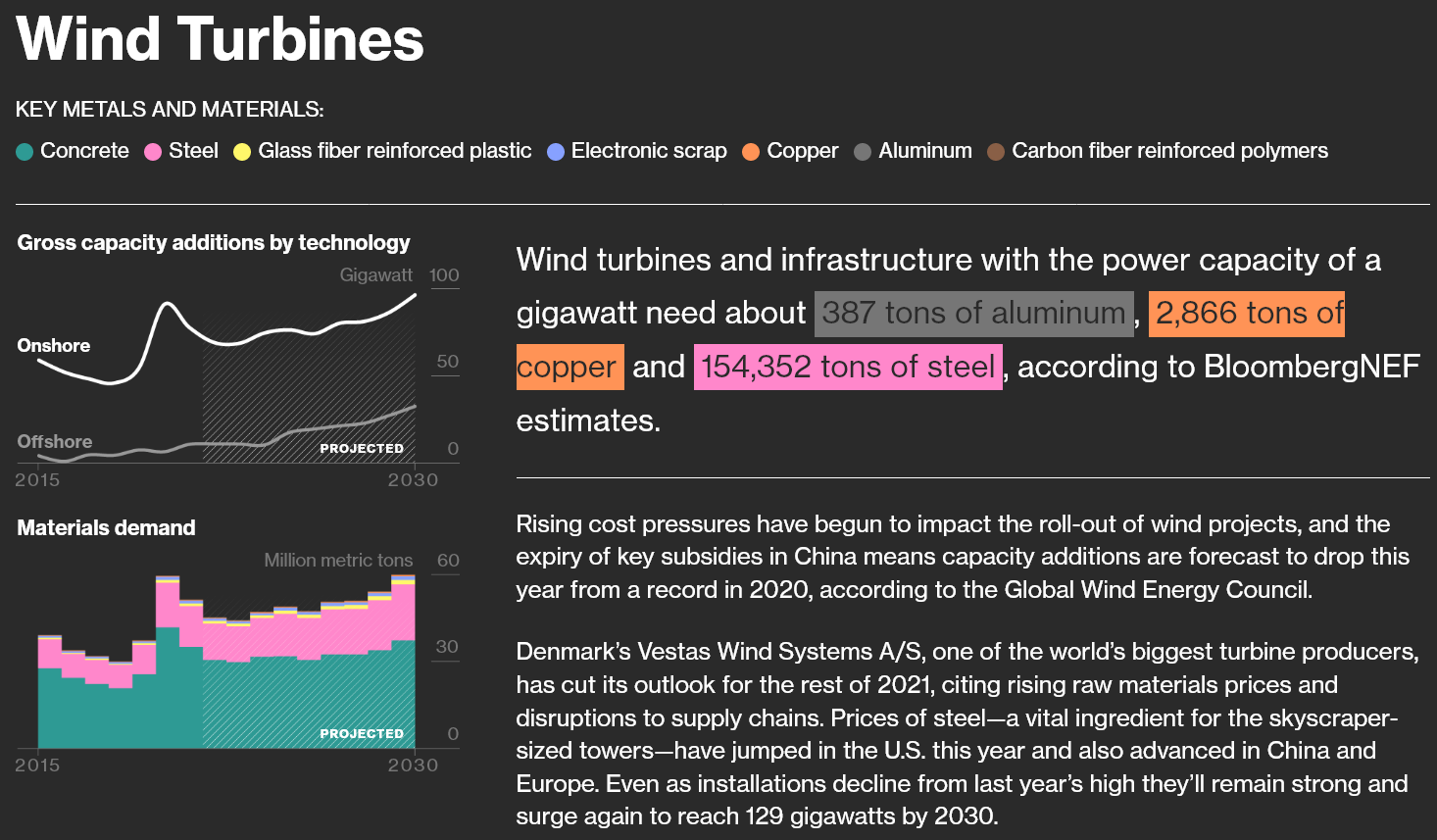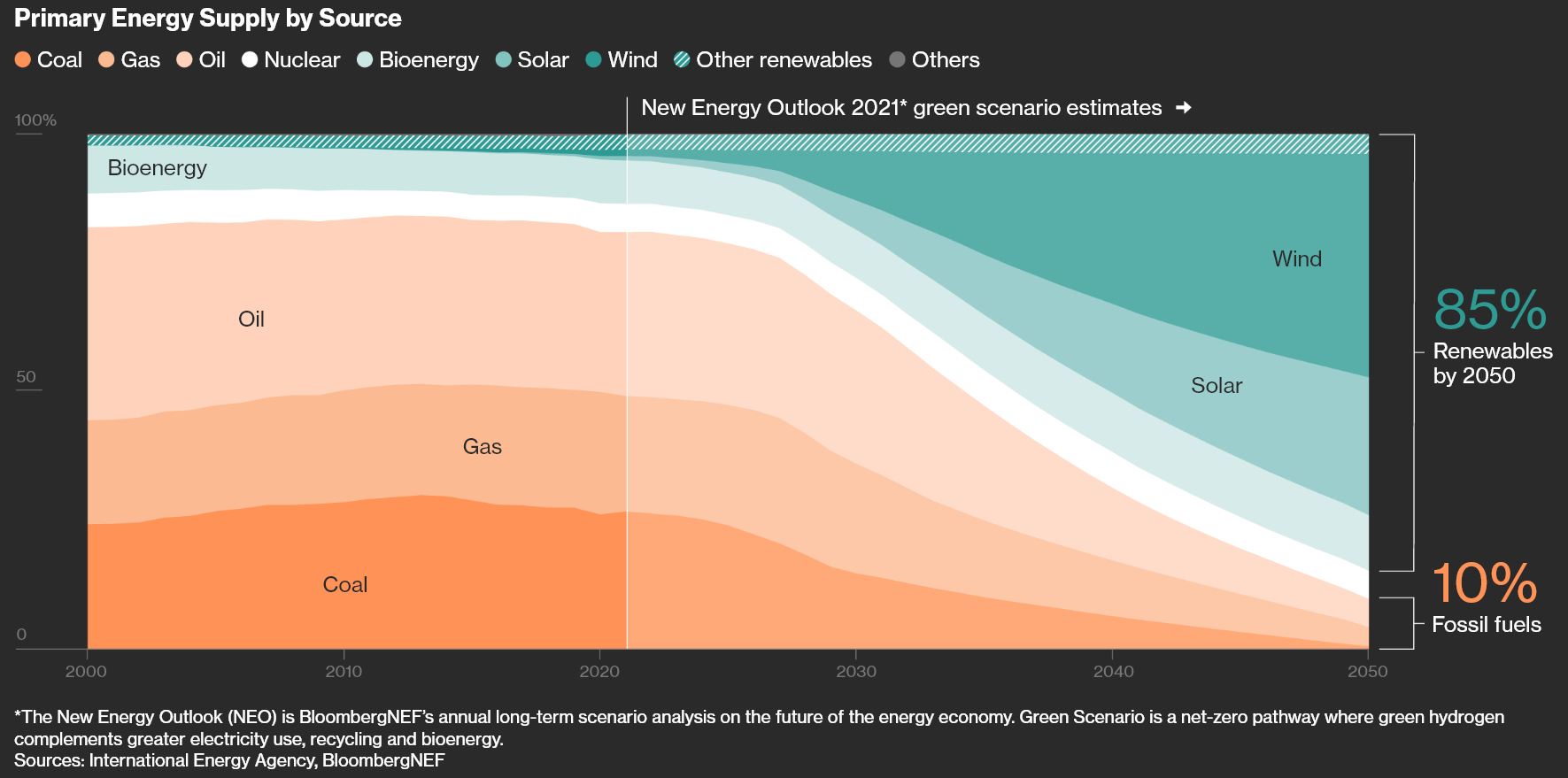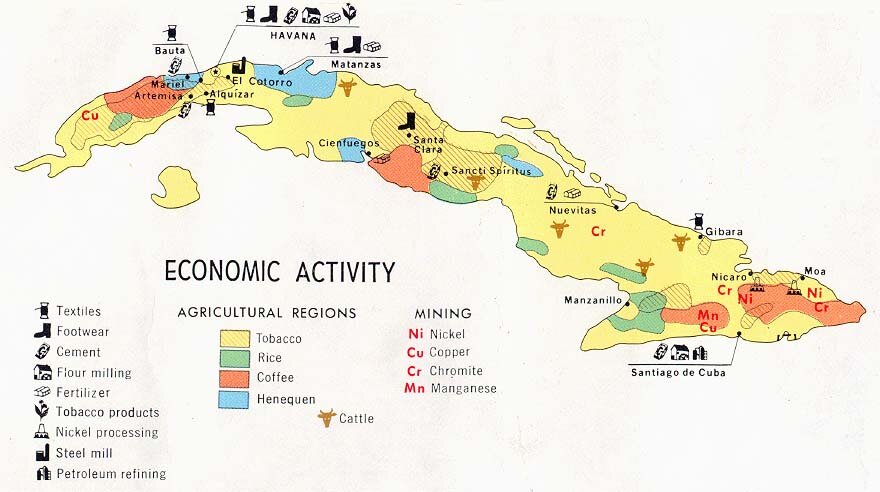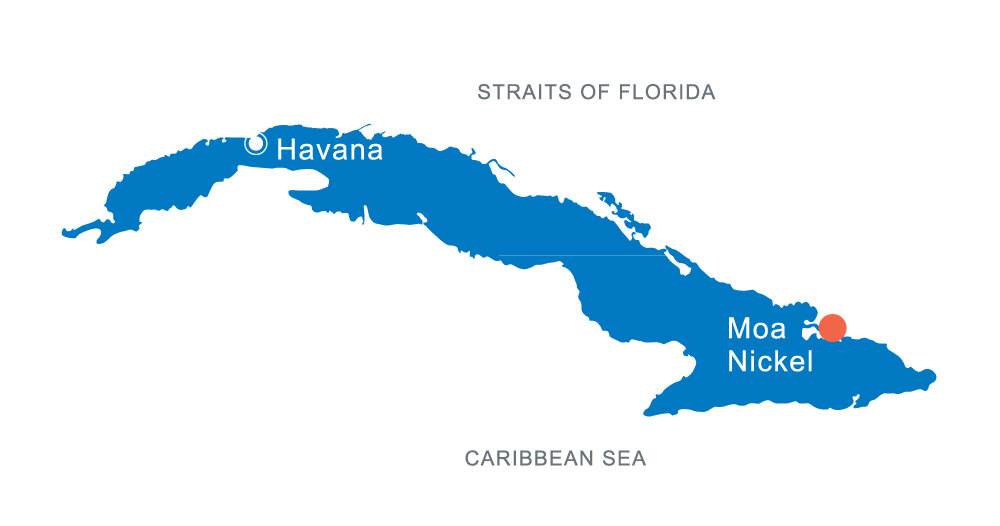Biden-Harris Administration Can Make Progress Where Obama-Biden Administration And Trump-Pence Administration Failed
Cuba Received US$20 Million In Annual Fees From Western Union- Which Has A Certified Claim Since 1960 Against Cuba For US$4.3 Million
Cuba Relinquishes Its Fees Until Western Union Is Fully-Compensated
In Less Than Four Months, Cuba Could Resolve The US$4.3 Million Certified Claim
First Certified Claim Would Be Resolved. Second Resolution Becomes Easier
Certified Claims Are Foundation For Issues With Cuba
Denver, Colorado-based Western Union Company (2019 revenues approximately US$5.3 billion) delivered electronic remittance transfers from the United States and other countries to the Republic of Cuba. The total estimated annual value of electronic remittance transfers from the United States was approximately US$1.5 billion.
The government of the Republic of Cuba received on an annual basis approximately US$20 million as fees for the processing and delivery of electronic remittance transfers from the United States to the Republic of Cuba. The approximately US$20 million represented approximately 2% of the total value of electronic remittance transfers of approximately US$1.5 billion. The 2% was in line with global norms.
The approximately US$20 million in fees were divided amongst three Republic of Cuba government-operated entities. All electronic remittance transfers arriving to the Republic of Cuba are processed by and create benefit to the government of the Republic of Cuba primarily through Revolutionary Armed Forces (FAR) of the Republic of Cuba-connected Republic of Cuba government-operated Banco Financiero Internacional S.A. (BFI), Republic of Cuba government-operated Financiera Cimex (Fincimex) and Republic of Cuba government-operated American International Services (AIS).
Western Union Company has one claim (CU-2317 in two parts: 135th largest (US$780,631.20) and 365th largest (US$216,286.75) for a total US$939,367.95 against the government of the Republic of Cuba certified on 16 June 1971 by the United States Foreign Claims Settlement Commission (USFCSC). The USFCSC permits 6% annual interest on the principal, thus as of 2021 the certified claim has a value of approximately US$4,377,454.88. LINK To Certified Claim Document.
Eliminate the fee paid by Western Union Company to Republic of Cuba government-operated companies and the certified claim of Western Union Company evaporates.
Then, the Diaz-Canel-Valdes Mesa Administration (2019- ) could engage directly with the Biden-Harris Administration (2021- ) in settlement negotiations for the remaining 5,912 certified claims.
Making the process less problematic is the two (2) largest certified claims representing 24% of the total value of all certified claims. Thirty (30) certified claimants hold 56% of the total value of the certified claims. This concentration of value creates an efficient pathway towards a settlement.
The Negotiator
Mr. Kenneth Feinberg is a Washington DC-based attorney (www.feinberglawoffices.com) specializing in mediation and alternative dispute resolution, whose service includes Special Master for the September 11th Victim Compensation Fund and TARP Executive Compensation; Administrator of the BP Deepwater Horizon Disaster Victim Compensation Fund; oversaw disbursements for the Penn State settlement and the Aurora victim relief fund; mediated the Foreign Exchange and Benchmark Rates Antitrust Litigation; and was retained to assist in the General Motors recall response and compensation for Volkswagen owners.
Mr. Feinberg served as Chief of Staff to The Honorable Edward Kennedy (D- Massachusetts) and on the senior staff of the Committee on the Judiciary of the United States Senate.
Mr. Feinberg, as United States Department of State Special Representative (with rank of Ambassador) For Cuba Negotiations, would bring his known appreciation for deadlines to his tenure. He would coordinate the day-to-day discussions and negotiations with the Republic of Cuba. Since 2018, Mr. Feinberg has confirmed his interest in assisting with settlement negotiations.
His goal would be to conclude during the Biden-Harris Administration (2021- ) what the Trump-Pence Administration (2017-2021) and Obama-Biden Administration (2009-2017) failed to do- and what eight other previous occupants of The White House failed to deliver on behalf of those 5,913 individuals and companies whose assets were expropriated without compensation by the Republic of Cuba, beginning with an oil refinery owned by White Plains, New York-based Texaco, Inc., now a subsidiary of San Ramon, California-based Chevron Corporation.
LINK: President Biden: A Special Presidential Representative For Cuba Negotiations- With Or Without An Ambassador January 31, 2021
Certified Claims Background
There are 8,821 claims of which 5,913 awards valued at US$1,902,202,284.95 were certified by the United States Foreign Claims Settlement Commission (USFCSC) and have not been resolved for nearing sixty years (some assets were officially confiscated in the 1960’s, some in the 1970’s and some in the 1990’s). The USFCSC permitted simple interest (not compound interest) of 6% per annum (approximately US$114,132,137.10); with the approximate current value of the 5,913 certified claims is approximately US$8,978,394,785.15.
The first asset (along with 382 enterprises the same day) to be expropriated by the Republic of Cuba was an oil refinery on 6 August 1960 owned by White Plains, New York-based Texaco, Inc., now a subsidiary of San Ramon, California-based Chevron Corporation (USFCSC: CU-1331/CU-1332/CU-1333 valued at US$56,196,422.73).
From the certified claim filed by Texaco: “The Cuban corporation was intervened on June 29, 1960, pursuant to Resolution 188 of June 28, 1960, under Law 635 of 1959. Resolution 188 was promulgated by the Government of Cuba when the Cuban corporation assertedly refused to refine certain crude oil as assertedly provided under a 1938 law pertaining to combustible materials. Subsequently, this Cuban firm was listed as nationalized in Resolution 19 of August 6, 1960, pursuant to Cuban Law 851. The Commission finds, however, that the Cuban corporation was effectively intervened within the meaning of Title V of the Act by the Government of Cuba on June 29, 1960.”
The largest certified claim (Cuban Electric Company) valued at US$267,568,413.62 is controlled by Boca Raton, Florida-based Office Depot, Inc. The second-largest certified claim (International Telephone and Telegraph Co, ITT as Trustee, Starwood Hotels & Resorts Worldwide, Inc.) valued at US$181,808,794.14 is controlled by Bethesda, Maryland-based Marriott International; the certified claim also includes land adjacent to the Jose Marti International Airport in Havana, Republic of Cuba. The third-largest certified claim valued at US$97,373,414.72 is controlled by New York, New York-based North American Sugar Industries, Inc. The smallest certified claim is by Sara W. Fishman in the amount of US$1.00 with reference to the Cuban-Venezuelan Oil Voting Trust.
The two (2) largest certified claims total US$449,377,207.76, representing 24% of the total value of the certified claims. Thirty (30) certified claimants hold 56% of the total value of the certified claims. This concentration of value creates an efficient pathway towards a settlement.
Certified Claimants Operating (Or Operating Recently) In Cuba
Certified claimants with current or recent activity within the Republic of Cuba include New York, New York-based Colgate-Palmolive, Moline, Illinois-based Deere & Company, Atlanta, Georgia-based Delta Air Lines, Boston, Massachusetts-based General Electric, Bethesda, Maryland-based Marriott International, Chicago, Illinois-based University of Chicago, Denver, Colorado-based Western Union and New Haven, Connecticut-based Yale University.
The combined value of the certified claims by these entities is US$206,707,396.21 (US$938,451,578.64 with interest) representing 10.9% of the value of 5,913 certified claims.
Colgate-Palmolive (US$14,507,935.04): From New York, New York-based Colgate-Palmolive Company (2020 revenues approximately US$16 billion) on 5 April 2016: “Colgate Palmolive’s Bright Smiles, Bright Futures program provides oral health education and screening to millions of children in more than 80 countries as part of an effort to reduce and prevent cavities among children. The global program, celebrating its 25th anniversary, has reached more than 850 million children around the world with its education curriculum. This award-winning curriculum is translated into 30 languages. Colgate’s well-established partnerships with governments, schools and communities -- combined with a committed network of volunteer dentists and educators -- make the program work. With government approval, we brought a humanitarian program modeled on Bright Smiles, Bright Futures to Cuba in 2014. In our first year, we ran the program in one municipality of Havana and reached approximately 10,000 children. Additionally, we presented our plan to dentists and representatives from the Ministry of Health at the Cuban Dental Congress in November 2015. Today, we’re extending our reach in Havana as well as expanding the program to the provinces of Cienfuegos and Pinar del Río in partnership with the Ministry of Health. With this expansion, we expect to reach more than 170,000 children by the end of 2016.”
Deere & Company (US$267,171.50): In November 2017, and continuing through 2021, Moline, Illinois-based Deere & Company (2019 revenues approximately US$39 billion) delivered more than $800,000.00 in agricultural equipment to the Republic of Cuba for use at its distribution center affiliated with Republic of Cuba government-operated Maquimport, a subsidiary of Republic of Cuba government-operated Gecomex. Antioch, Tennessee-based Wirtgen America, Inc., a subsidiary of Windhagen, Germany-based Wirtgen Group (2019 revenues approximately US$3 billion), a construction equipment machinery subsidiary (acquired in 2017) of Deere & Company has also delivered products to the Republic of Cuba. John Deere reported that the company would provide financing for equipment purchases by authorized Republic of Cuba entities.
Delta Air Lines (US$212,396.08): Atlanta, Georgia-based Delta Air Lines (2019 revenues approximately US$47 billion) has operated regularly-scheduled flights between the United States the Republic of Cuba and a ticket office in the city of Havana, Republic of Cuba, managed by Republic of Cuba government-operated Havanatur, a subsidiary of Republic of Cuba government-operated Corporacion Cimex SA which is controlled by Enterprise Administration Group (GAESA) which is controlled by the Revolutionary Armed Forces of the Republic of Cuba (FAR).
General Electric (US$5,870,436.86): Since December 2017, Boston, Massachusetts-based General Electric (GE; 2019 revenues exceeded US$95 billion) delivered from the United States to the Republic of Cuba “parts for steam turbines” valued at more than US$21 million. Some of the parts traveled from Atlanta, Georgia, to Port Everglades, Florida, then to Port Mariel in the Republic of Cuba. GE is the largest (by revenue) United States-based company to have engaged with the Republic of Cuba. Although GE has not issued a media release relating to the project in the Republic of Cuba, in 2017 the government of the Republic of Cuba confirmed in a PowerPoint presentation used by the Embassy of the Republic of Cuba in Washington DC that the company was providing parts and equipment for a power plant. The total value of the project has not been reported. The Obama-Biden Administration first authorized the transactions by GE as primarily advancing benefit to the citizens of the Republic of Cuba rather than to the government of the Republic of Cuba. This type of transaction was and remains licensable (general or specific) through the OFAC and BIS. In November 2015, GE purchased for approximately US$10.6 billion the power and grid division of Paris, France-based Alstom (2018 revenues approximately US$8 billion). In 2016, GE commenced a power generation project in the Republic of Cuba resulting, in part, from a relationship between Alstom and the Republic of Cuba prior to the 2015 acquisition by GE of the power and grid division of Alstom, which had exported products to the Republic of Cuba. On 31 March 1971, GE certified a claim against the Republic of Cuba in the amount of US$5,870,436.86 through the United States Foreign Claims Settlement Commission (USFCSC) within the United States Department of Justice. Interest accrued at 6% per annum from the respective date(s) of loss to the date of settlement.
Marriott International (US$181,808,794.14): A subsidiary of Bethesda, Maryland-based Marriott International, Inc. (2019 revenues approximately US$21 billion), Stamford, Connecticut-based Starwood Hotels and Resorts Worldwide LLC, had a series of two-year licenses from the Office of Foreign Assets Control (OFAC) of the United States Department of the Treasury in Washington DC to manage two (2) properties located in the Republic of Cuba. Both properties managed by Marriott International (through Starwood Hotels and Resorts Worldwide LLC) are in the city of Havana, Four Points by Sheraton Havana and Hotel Inglaterra (delayed opening without explanation from December 2016 to December 2019) and owned by entities controlled by the Revolutionary Armed Forces of the Republic of Cuba (FAR). The OFAC licenses were first issued during the Obama-Biden Administration and renewed during the Trump-Pence Administration, although there was a reported delay by the OFAC in transferring the licenses from Starwood Hotels and Resorts Worldwide LLC to Marriott International. The certified claim also includes land adjacent to the Jose Marti International Airport (HAV) in Havana, formerly known as Rancho-Boyeros Airport, located in the town of Boyeros, approximately 9 miles from Havana. HAV handles approximately 25 international airlines and serves approximately 60 destinations in approximately 30 countries.
University of Chicago (US$2,500,000.00): The Center for Latin American Studies at the Chicago, Illinois-based University of Chicago has offered academic programs in the Republic of Cuba and Alumni Association of the University of Chicago has marketed educational visits to the Republic of Cuba.
Western Union (US$939,367.20): Denver, Colorado-based Western Union Company (2019 revenues approximately US$5.3 billion) provided online and app-based money transfer services in the Republic of Cuba through 420 Agent locations in all sixteen provinces and 168 municipalities. Western Union Company retains an agreement with Republic of Cuba government-operated Fincimex S.A., a subsidiary of Republic of Cuba government-operated Corporacion Cimex SA which is controlled by Enterprise Administration Group (GAESA) which is controlled by the Revolutionary Armed Forces of the Republic of Cuba (FAR).
Yale University (US$601,295.39): The Yale MacMillan Center: Council on Latin American & Iberian Studies at New Haven, Connecticut-based Yale University has offered academic programs in the Republic of Cuba.
LINK TO COMPLETE ANALYSIS IN PDF FORMAT
Recent Remittance-Related Cuba Analyses
U.S. Department Of State Memorandum: The 17 Company Members Of The CRWG- Moving Remittances And Using Remittances; Cuba Entities Need Be Part Of The Process July 26, 2021
Biden-Diaz-Canel Remittance Compromise: U.S. And Cuba Companies Suspend Transaction Fees Until 31 December 2021. Impact On 800 Publix Markets July 27, 2021
Defining "Transformative"- Cuba Ratifies Decree-Law Authorizing SME's: Micro (1-10 employees), Small (11-35 employees), Medium (35-100 employees). The Private Sector Has Returned. Aug 7, 2021
Cuba Links Resumption Of Remittances From United States To Expanding Investment Opportunities For Cuban Residents Abroad Aug 6, 2021
Cuba Expands Again Role Of Private Sector- Suppliers, Foreign Currency Access Aug 5, 2021
Cuba Suspends Tariffs And Fees For Non-Commercial (SME's Next?) Solar Systems. Another Opportunity For Biden-Harris Administration To Support U.S. Exporters And Florida Companies Should Benefit. Jul 30, 2021
If A Product Costs At Least 2,500 Pesos (US$104.16), Customers In Cuba Now May Obtain Financing: Terms Are 2.5% Interest With 20% Down July 24, 2021
Biden Administration Wants To Deny Cuba's Government (Military) With Earnings- Conditional Resumption Of Product Filled Flights To Airports In Cuba Benefits Self-Employed; By-In From Congress? July 19, 2021
Is Biden-Harris Administration Nearing Decision To Reverse Trump-Pence Administration Prohibition On Cuba Military Earning Money From Remittances? July 15, 2021
Cuba Central Bank May Provide Option For Western Union To Continue Services To Cuba: REDSA November 26, 2020
Western Union Data For Transfers To Cuba: 2.88 Million Annually- 24% To Havana; Florida 1st, Texas 2nd, New Jersey 3rd; US$200,000+ Could Be Aboard Each Flight From Miami November 19, 2020
If Western Union Ends Remittance Services To Cuba, That Means A Return Of “Mules On Steroids”- The Impact Could Cripple MIA November 16, 2020
At 6:00 PM Today, Final [For Now] Western Union Transactions With Cuba Are [Temporarily Perhaps] Suspended November 23, 2020
Will United States Airlines Now Post A Link To FinCEN Form 105 On Their Internet Sites For Passengers Traveling To Cuba? November 23, 2020
Trump Administration Executive Order About China Military Will Impact Biden Administration Decisions About Cuba Military November 17, 2020
Cuba Has Options To Retain Western Union Electronic Remittance Services- Transfer To A Bank? November 16, 2020
Western Union Preparing To End Money Transfers To Cuba On 22 November 2020.... Will Cuba Permit It? November 13, 2020















